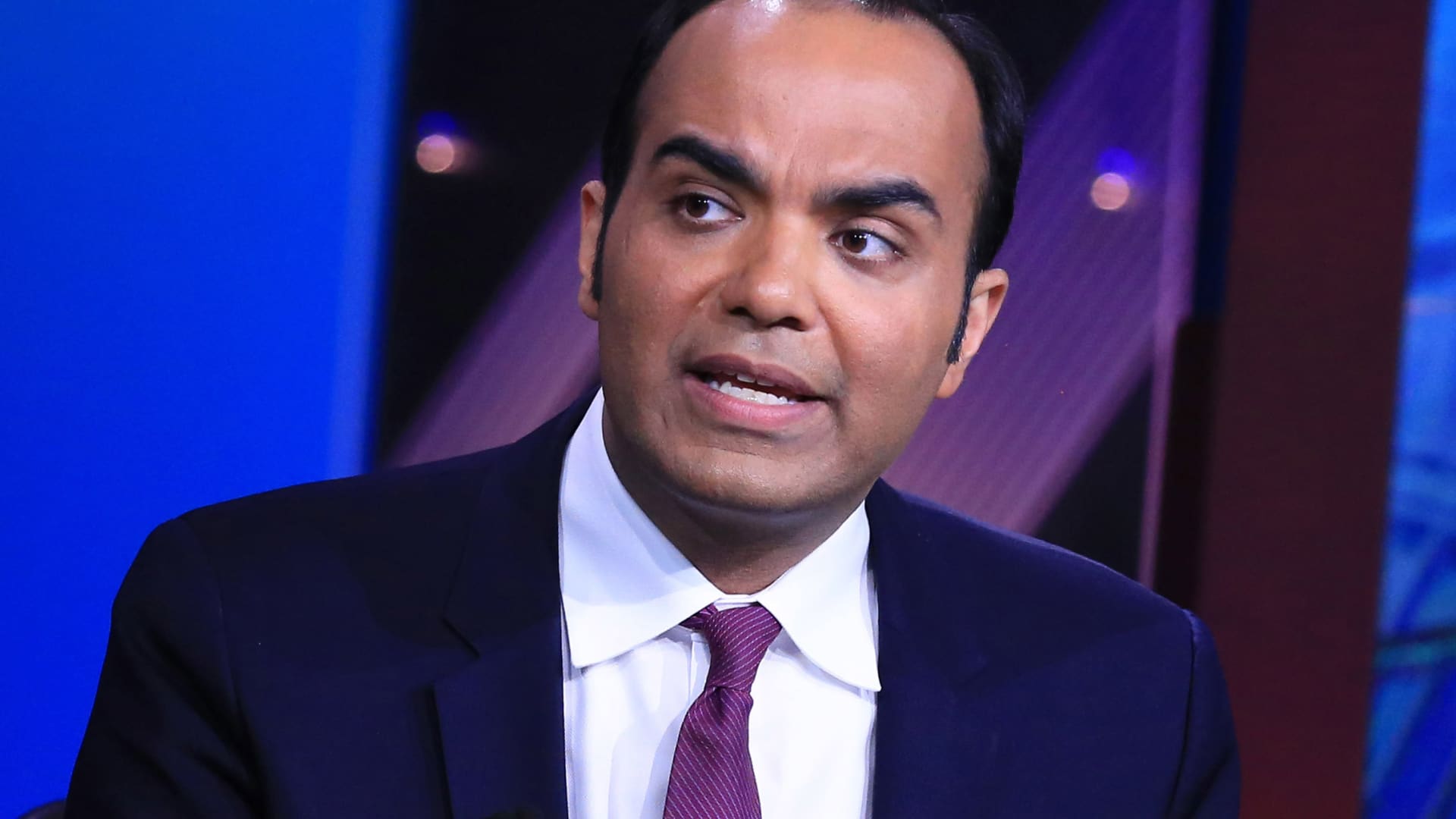WASHINGTON — The White House on Tuesday held a roundtable examining potentially harmful data broker practices, part of an administration wide push to protect Americans’ privacy in the era of AI.
The event featured the leaders of the nation’s top consumer watchdog agencies, timed to corresponded with the Consumer Financial Protection Bureau’s announcement of proposed rules under the Fair Credit Reporting Act to address the business practices of brokers that collect and monetize customer data. Data privacy is a growing concern as the use of artificial intelligence becomes more common.
“Artificial intelligence — or the technologies that market themselves as that — and other predictive decision making, is relying on even more massive amounts of data to feed those algorithms and that’s creating financial incentives for even more surveillance and more intrusive data collection,” Chopra said during opening remarks.
“There’s got to be some accountability when there’s abuse or misuse of this data,” he added.
The FCRA is a 1970 law that ensures fairness and promotes privacy of information in data collected by consumer reporting agencies, like credit bureaus and tenant screening services. Among other things, the act allows consumers access to personal records and provides a means to dispute inaccurate information.
The CFPB’s new rule proposals will build upon the FCRA to hold data brokers that sell highly sensitive information more accountable.
One proposal, said Chopra, will define a data broker dealing in certain types of consumer data as a consumer reporting agency and the brokers’ sale of data as a consumer report.
Another will clarify whether credit header data, the portion of a credit report that contains identifying information, can be considered a covered consumer report. The proposal will reduce companies’ ability to “impermissibly disclose sensitive contact information” of people who don’t wish to be contacted, like domestic violence survivors.
Over 7,000 responses to the CFPB’s March public inquiry into brokers also revealed the collection and sale of lists of people with physical and mental health conditions, unmanageable debt or those who are single parents.
The inquiry also found that data is being shared in unexpected ways, such as from consumers’ vehicles and through health apps. Brokers’ misuse of data disproportionately harms the elderly, low-income families, people of color, military families and other marginalized groups, according to the findings.
And the wealth of data, combined with AI, “can create a risky environment where surgically precise scams and fraud can flourish at scale,” the CFPB found.
The agency will convene a panel of small businesses to collect feedback on proposals currently under consideration. Rules will be released to the public for comment following a summary report on feedback from business owners, the CFPB announced.
Chopra was joined on Tuesday by Arati Prabhakar, director of the White House Office of Science and Technology Policy; Lael Brainard, director of the National Economic Council; Federal Trade Commission Chair Lina Khan and Brian Boynton, principal deputy assistant attorney general for the Justice Department’s Civil Division.
The proposed rules will complement the efforts of other consumer protection agencies, like the FTC, which initiated the Office of Technology earlier this year to help monitor the commercial surveillance economy.
“I’m so thrilled with the work that our technologists have been doing and how they’ve been embedding across the FTC’s investigations rule makings and policy work to ensure that our actions are fully reflecting the reality of how corporate actors are using and abusing people’s data,” Khan said in opening remarks.
Brainard said that the CFPB’s proposals “would help protect our most vulnerable consumers from targeted fraud and scams.”
“We applaud the steps the Consumer Protection Financial Bureau is taking to stop data brokers from unlawfully collecting and selling millions of Americans’ sensitive data,” she said.





